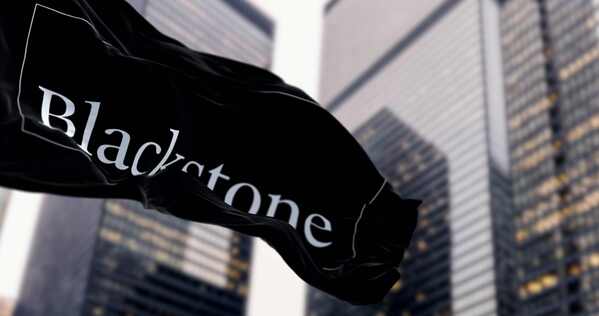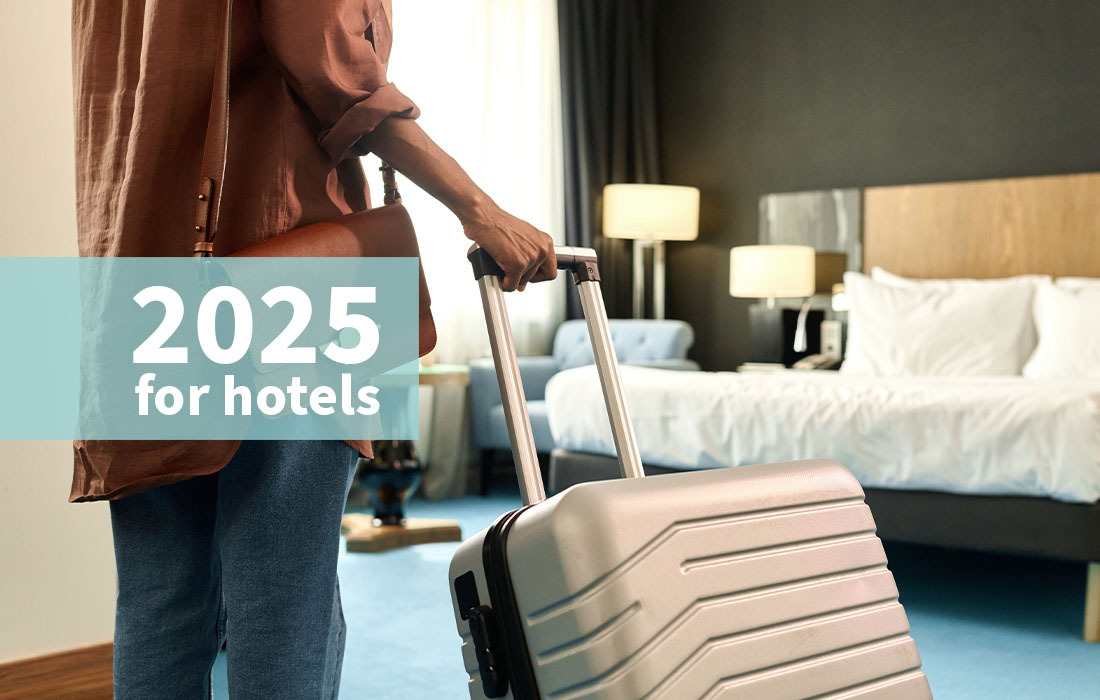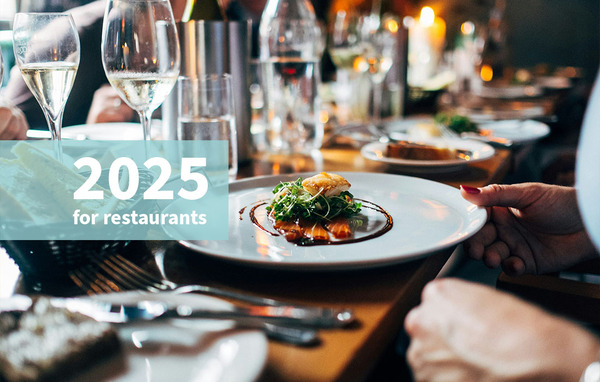Viewpoint: the importance of online guest engagement
Customers are overwhelmed with options when booking travel, so it's vital to provide tools that will attract and engage, says Krishan Kadodwala
Understanding the phases leading up to a trip, and the traveller experiences throughout, is a fundamental part of improving guest experience and maintaining a hotel's online reputation.
In terms of the traveller journey, there are four phases: dreaming and planning, shopping and booking, the trip itself and post-trip. Throughout this journey, today's tech-savvy, mobile-first travellers are looking for personalised content that is relevant to their preference.
Travel seekers have unlimited resources and most take advantage of them when considering a purchase, resulting in an intricate and far from straightforward booking process. So what tools can hoteliers use to help attract and engage travellers throughout their journey?
During the initial ‘dreaming and planning' phase of the journey, travellers are viewing immense amounts of content and researching their options. Once they've chosen a destination, robust hotel descriptions, compelling imagery, and information on nearby points of interest all influence a traveller's hotel booking decision.
Content is vital: it provides an opportunity to inspire travellers and empower hoteliers to be a true destination ambassador. Expedia research found that travellers often gravitate toward images that evoke emotional reactions. Rooms, restaurants and general spaces with pleasing views instilled a feeling of delight for the hotel, as do photos showing unique and attractive features. Furthermore, images that seemed natural instilled a sense of trust: customers believe them to be an authentic and realistic depiction of the hotel.
Hoteliers should be the local expert for their property, and share insights into local activities and landmarks. When determining which hotel to book, consumers rank location above amenities, price and ratings.
As travellers move into the booking phase, they have narrowed down their options, but hoteliers still need to account for diverse needs and budgets. Understanding the market and offering competitive rates and availability can influence that final booking decision. Leveraging performance and market information, paired with public shopping data, can help hotels set strategies that convert travellers.
Once a traveller has booked, the hotelier can begin delivering on guest experience by opening the lines of communication. Lodging partners told us it was challenging to communicate with travellers who book through online travel agents.
Our guest communication platform, EPC Conversations, was developed with this in mind, allowing hoteliers to acknowledge and manage special requests and provide information about the property's offerings. Since its launch, hoteliers and guests have had more than six million conversations, resulting in 9.8 million exchanged messages. Engaged guests are 40% more likely to return to the property.
After the trip, travellers want to relive their experiences by posting on social media and leaving reviews. Reviews provide actionable insights on what guests think of a hotel, but also may be the tipping point between consideration and booking for potential guests.
As well as monitoring post-trip reviews, hotels should respond to questions and concerns from past guests. In fact, 62% of users say that seeing hotel management respond to reviews generally "makes me more likely to book it" and 87% of users agree that an appropriate response to a bad review "improved my impressions of the hotel".
Investing in your online presence and guest satisfaction are key drivers to help increase positive reviews, generate more direct traffic, improve visibility and grow conversion.
Krishan Kadodwala is director of market management at Jet UK & Ireland, the Expedia group
Videos from The Caterer archives



















